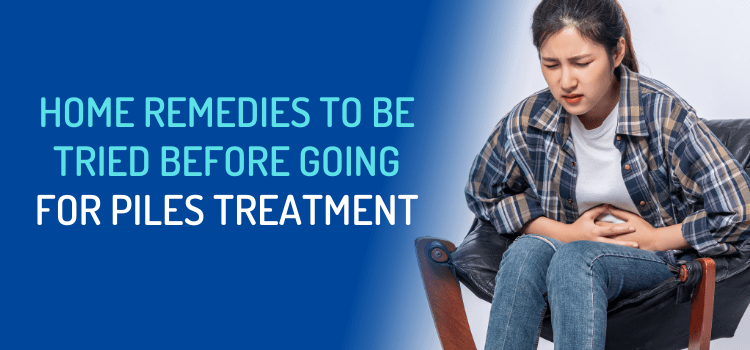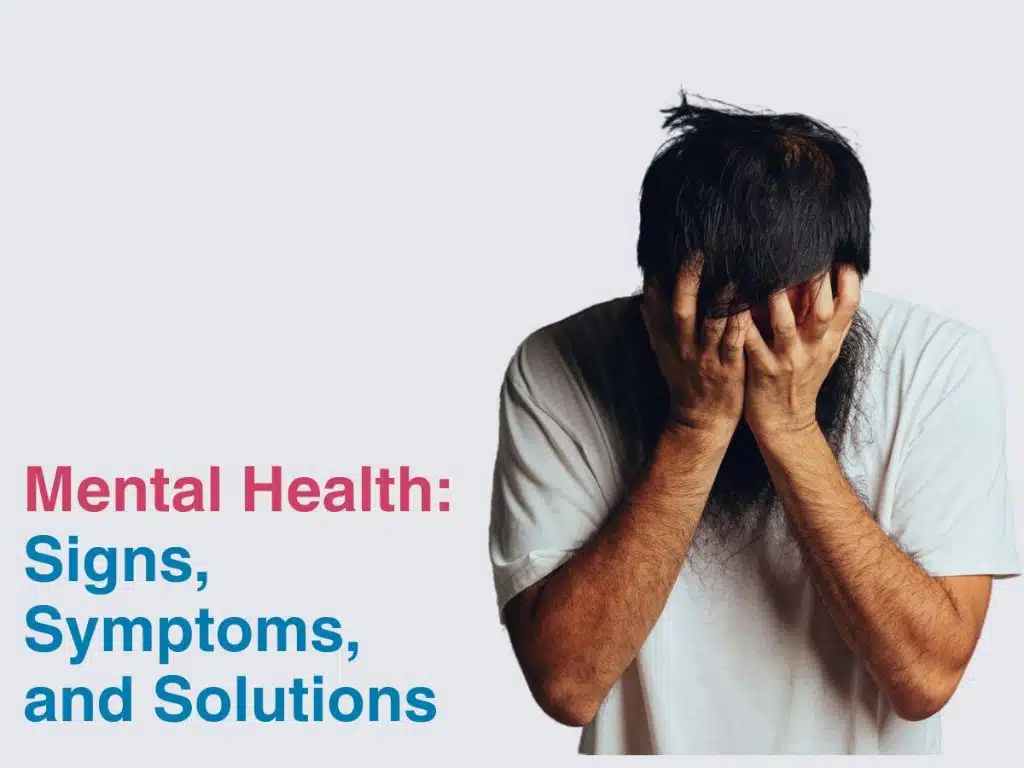
Gastric problem refer to a range of issues that affect the stomach and digestive system. The most common gastric problems include acid reflux, indigestion, bloating, gastritis, and peptic ulcers. These conditions can cause discomfort and disrupt normal digestion.
Causes of Gastric Problems:
- Poor Diet: A diet high in fatty, spicy, or acidic foods, caffeine, and alcohol can irritate the stomach lining and contribute to gastric issues.
- Stress: Chronic stress can lead to increased stomach acid production, causing conditions like acid reflux and gastritis.
- Infection: H. pylori bacteria are a common cause of peptic ulcers and gastritis.
- Medications: Nonsteroidal anti-inflammatory drugs (NSAIDs), aspirin, and some other medications can irritate the stomach lining and cause ulcers.
- Smoking: Smoking increases acid production and decreases the effectiveness of the lower esophageal sphincter, leading to acid reflux.
- Overeating or Eating Quickly: Eating large meals or consuming food too quickly can overwhelm the stomach and lead to indigestion.
- Underlying Conditions: Diseases like Crohn’s disease, irritable bowel syndrome (IBS), or celiac disease can affect the stomach and digestive tract.
Symptoms of Gastric Problems:
- Abdominal Pain: A burning or aching pain in the upper abdomen is common in conditions like gastritis and ulcers.
- Bloating: Feeling full or swollen, especially after meals, can be a sign of indigestion or gas buildup.
- Nausea or Vomiting: Upset stomach or vomiting, especially after eating, can occur with gastritis, acid reflux, or infection.
- Acid Reflux/Heartburn: A sour or bitter taste in the mouth, along with a burning sensation in the chest, indicates acid reflux.
- Indigestion (Dyspepsia): Discomfort or pain in the upper abdomen, often after eating, is common in gastric problems.
- Loss of Appetite: Difficulty eating or a lack of appetite can result from gastric distress.
- Gas and Burping: Excessive gas and burping can be symptoms of indigestion or bloating.
- Unexplained Weight Loss: This could occur in severe cases of gastric issues or ulcers.
Treatment for Gastric Problems:
- Lifestyle Changes:
- Diet Modification: Avoid spicy, fatty, or acidic foods, caffeine, alcohol, and smoking. Incorporate more fiber, fruits, and vegetables into your diet.
- Smaller Meals: Eating smaller, more frequent meals can help reduce the workload on the stomach.
- Hydration: Drink plenty of water, especially after meals, to aid digestion.
- Stress Management: Techniques like yoga, meditation, and regular physical activity can help manage stress and improve digestion.
- Medications:
- Antacids: Over-the-counter antacids can neutralize stomach acid and relieve symptoms of heartburn and indigestion.
- H2-Receptor Antagonists (H2 Blockers): These medications reduce acid production in the stomach (e.g., ranitidine).
- Proton Pump Inhibitors (PPIs): PPIs decrease stomach acid production and help with conditions like acid reflux (e.g., omeprazole).
- Antibiotics: If an H. pylori infection is present, antibiotics are prescribed to eliminate the bacteria.
- Antiemetics: For nausea and vomiting, antiemetic medications can be prescribed.
- Prokinetics: These medications improve stomach motility and can aid digestion.
- Natural Remedies:
- Ginger: Known for its anti-nausea and digestive properties, ginger can help soothe the stomach.
- Chamomile Tea: Known to calm the stomach and reduce inflammation, chamomile tea can be soothing.
- Aloe Vera Juice: May help reduce stomach inflammation and promote healing.
- Surgical Interventions:
- In severe cases (e.g., ulcers, perforations, or complications from acid reflux), surgery may be needed to repair or remove damaged tissue, or correct anatomical issues like a hiatal hernia.
When to See a Doctor:
If symptoms are severe, persistent, or worsening, or if you experience complications like vomiting blood, black stools, unexplained weight loss, or difficulty swallowing, it is essential to seek medical attention promptly.
Treatment varies depending on the underlying cause, so a proper diagnosis is key for effective treatment. If gastric issues persist or become chronic, working with a healthcare provider is important for managing the condition and preventing long-term damage.
Certainly! Let’s dive deeper into some additional causes, more comprehensive symptoms, treatment options, and prevention strategies for gastric problems.
Additional Causes of Gastric Problems:
- Gastroesophageal Reflux Disease (GERD):
- GERD is a more severe and chronic form of acid reflux, where the acid from the stomach flows back into the esophagus, leading to frequent heartburn and irritation of the esophagus lining. It can lead to complications like esophagitis or Barrett’s esophagus.
- Peptic Ulcers:
- Peptic ulcers are sores that form on the lining of the stomach, small intestine, or esophagus due to an imbalance between stomach acid and protective mucous. This imbalance can be caused by an H. pylori infection or long-term use of NSAIDs. Ulcers can lead to severe pain, bleeding, and even perforation.
- Gastritis:
- Gastritis is inflammation of the stomach lining. It can be acute or chronic and may be caused by infections, alcohol consumption, certain medications, or stress. Chronic gastritis may lead to ulcers and increase the risk of stomach cancer.
- Functional Dyspepsia:
- This is a type of indigestion where no clear cause is found, but symptoms persist. It may include bloating, discomfort, and early fullness when eating.
- Gastroparesis:
- This is a condition in which the stomach cannot empty itself properly due to nerve damage, often as a result of diabetes. It leads to bloating, nausea, and delayed digestion.
- Celiac Disease:
- Celiac disease is an autoimmune disorder where ingesting gluten damages the lining of the small intestine, leading to malabsorption of nutrients and causing gastrointestinal distress.
- Irritable Bowel Syndrome (IBS):
- IBS is a common condition affecting the large intestine, causing symptoms like cramps, bloating, diarrhea, and constipation, which can contribute to overall gastric discomfort.
- Intestinal Obstructions:
- Obstructions in the intestines (due to conditions like hernias or Crohn’s disease) can result in severe stomach pain, bloating, and vomiting.
More Detailed Symptoms of Gastric Problems:
- Bloody Vomit or Black Stools:
- Vomiting blood or passing stools that look like tar (black) may indicate internal bleeding, often due to ulcers or severe gastritis.
- Pain That Worsens After Eating:
- For conditions like peptic ulcers and gastritis, stomach pain often worsens after meals or at night.
- Constant Feeling of Fullness:
- People with gastric problems often experience a sensation of fullness after eating only a small amount of food, which is common in conditions like gastroparesis or functional dyspepsia.
- Weight Loss and Fatigue:
- When the stomach isn’t functioning properly, nutrient absorption can be impaired, leading to weight loss, fatigue, and weakness.
- Regurgitation:
- Regurgitation of food or sour liquid into the throat, often associated with acid reflux, can be both uncomfortable and disturbing.
- Difficulty Swallowing:
- Also known as dysphagia, this is a common symptom of severe acid reflux or esophageal issues related to gastric problems.
- Mucus in Stool:
- Some individuals with IBS or gastritis may notice mucus in their stools, which can indicate an underlying digestive issue.
Advanced Treatment Options:
- Endoscopy:
- An endoscopy is often used to diagnose conditions like gastritis, ulcers, or GERD. During the procedure, a flexible tube with a camera is inserted into the stomach or esophagus to view the lining and take biopsies if necessary.
- Probiotics:
- Probiotics may help restore healthy gut bacteria and improve digestion, especially in cases of IBS, diarrhea, or after a course of antibiotics for infections like H. pylori.
- Surgical Treatment for Severe Ulcers or GERD:
- In cases where medical treatments fail, surgery may be necessary. Surgical options for GERD include fundoplication, where the top of the stomach is wrapped around the lower esophagus to prevent acid reflux. Ulcers that cause perforations may require surgical repair.
- Bile Acid Sequestrants:
- For conditions like bile acid malabsorption, which can cause diarrhea, bile acid sequestrants (e.g., cholestyramine) can help bind bile acids in the intestine and alleviate symptoms.
- Enzyme Replacement Therapy:
- In cases of pancreatic insufficiency or other digestive disorders that affect enzyme production, enzyme replacement therapy can help aid digestion.
- Psychological Therapies:
- Cognitive-behavioral therapy (CBT) and hypnotherapy have been shown to improve symptoms in individuals with IBS or functional dyspepsia by addressing the psychological factors that may contribute to the symptoms.
- Nutritional Support:
- If the gastric issues lead to nutrient deficiencies, a dietitian may recommend specific supplements or a specialized diet (e.g., gluten-free diet for celiac disease or low FODMAP diet for IBS).
Prevention and Lifestyle Tips:
- Eating Habits:
- Chew food thoroughly, avoid overeating, and don’t lie down immediately after meals. Eating smaller, balanced meals throughout the day can help reduce gastric problems.
- Avoid Trigger Foods:
- Limit foods and beverages that trigger symptoms, such as caffeine, spicy foods, citrus fruits, chocolate, and carbonated drinks.
- Stay Active:
- Regular physical activity improves digestion and helps maintain a healthy weight, which can prevent conditions like acid reflux and GERD.
- Maintain a Healthy Weight:
- Being overweight increases the risk of acid reflux and can strain the digestive system. A balanced diet and regular exercise can help manage weight.
- Avoid Smoking and Alcohol:
- Smoking and excessive alcohol consumption irritate the stomach lining, leading to conditions like gastritis and acid reflux.
- Manage Stress:
- Engaging in stress-relief techniques such as yoga, meditation, or deep breathing exercises can significantly reduce gastric distress caused by stress.
- Hydration:
- Drink plenty of water to aid digestion and keep the stomach lining hydrated.
When to Seek Immediate Medical Help:
- Severe or Unexplained Pain: Sudden or intense abdominal pain that doesn’t improve or gets worse, especially after meals, may be a sign of an ulcer or other serious condition.
- Vomiting Blood or Passing Black Stools: This could indicate internal bleeding.
- Difficulty Breathing or Swallowing: This could suggest severe acid reflux or complications from a gastric problem.
- Persistent Symptoms: If symptoms persist or worsen despite treatment, seeking medical advice is essential for proper diagnosis and management.
Gastric issues can vary from mild discomfort to serious, life-threatening conditions. Getting the right treatment and lifestyle adjustments can make a significant difference in managing symptoms and preventing further complications. If you have concerns about your digestive health, it’s always best to consult with a healthcare provider.



 DailyMediCure
DailyMediCure 









